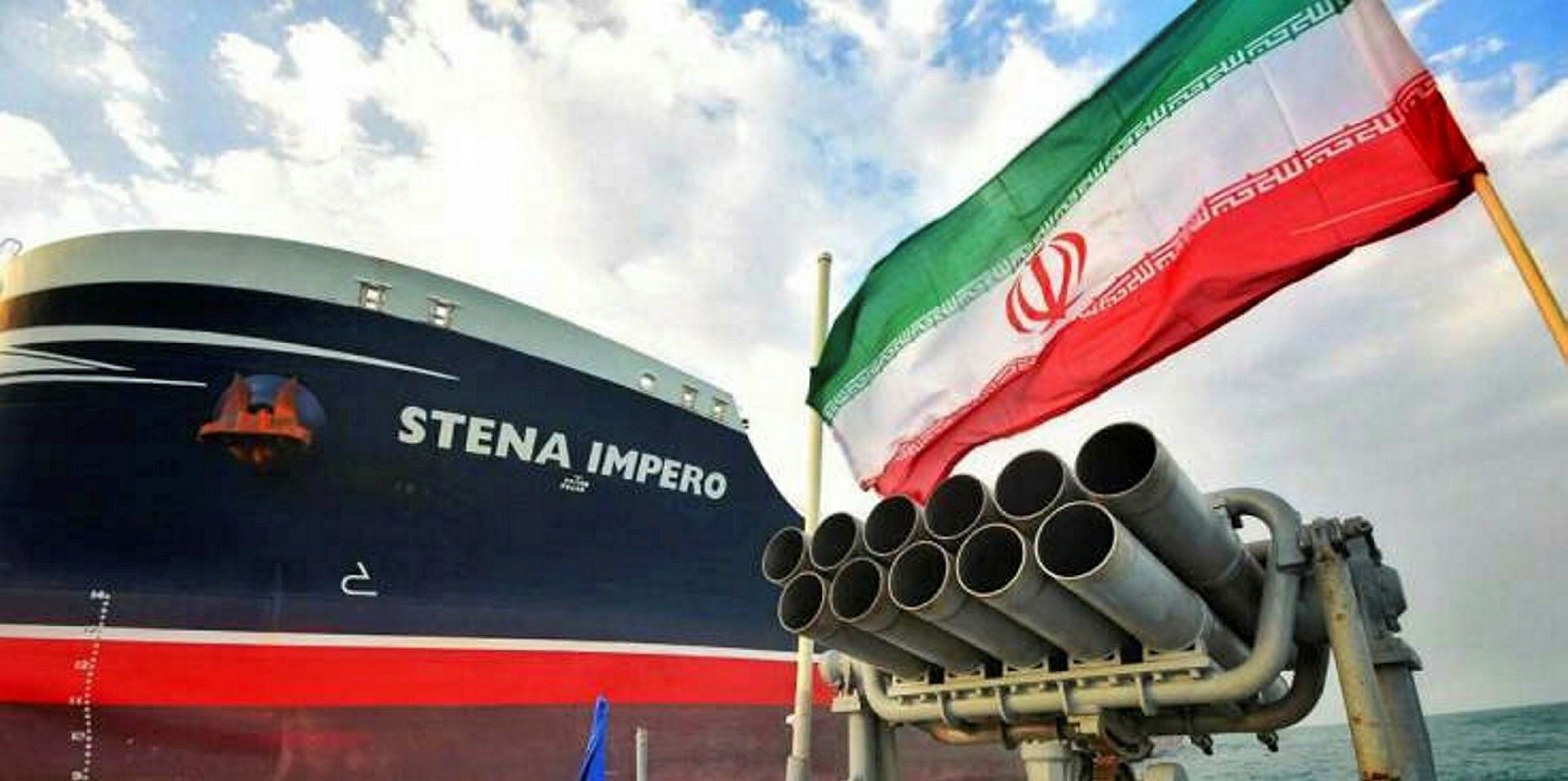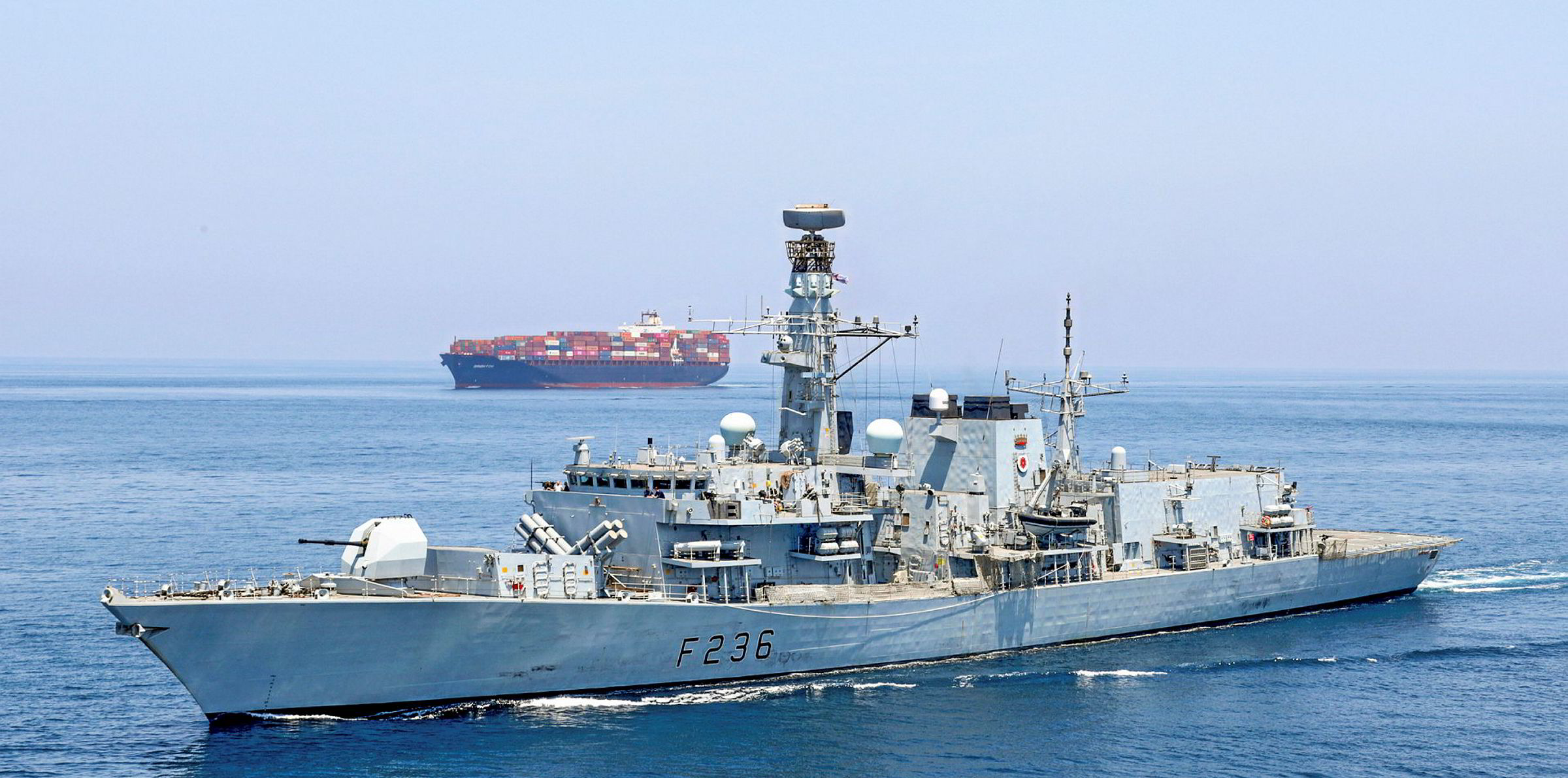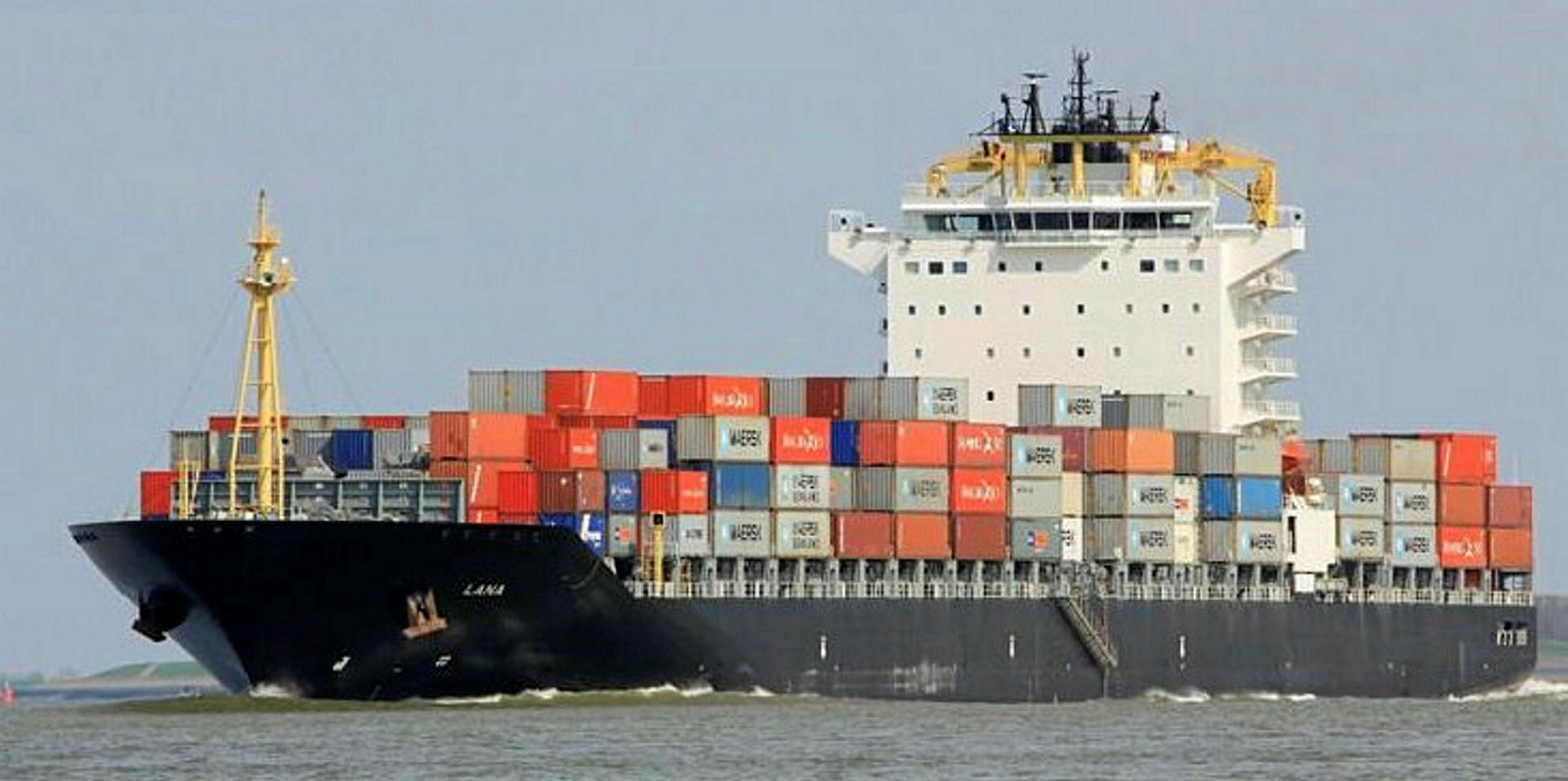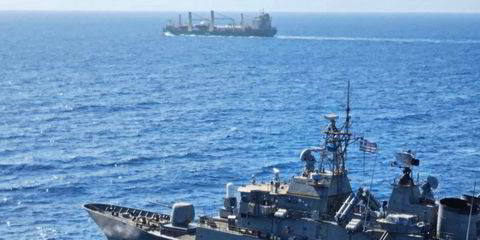The overall maritime risk to most commercial ships in the Middle East Gulf remains low despite a series of destabilising events in Iran, according to security consultancy Dryad Global.
The Islamic republic is reeling from the coronavirus epidemic, which has claimed the lives of nearly 4,000 Iranians, plus the dual economic impacts of US sanctions and low oil prices.
But Dryad does not believe that will be the impetus for the same types of attacks seen last year.
"Iran could seek to conduct maritime attacks as [a] route to raising oil prices; however, Dryad continues to assess that Iran does not possess the capacity or resolve to close the Strait of Hormuz," a note from the company said.
"The increased international naval presences in the region has likely reduced the capacity for the [Islamic Revolutionary Guard Corps Navy] to conduct opportune attacks/approaches/detentions of vessels to the same degree as previous years."
Low risk
In the last two weeks, two ships in the region have reportedly been the subjects of suspicious approaches.
The first on 27 March saw a cargoship approached by two skiffs in the Strait of Hormuz, 23 nautical miles from the Iranian coast. The other was on 2 April and saw a US-flagged boxship surrounded by armed Iranian patrol ships, questioned and let go.
But Dryad said the two events "should be considered independent of one another, and not sequentially".
"The location, isolated nature of this [27 March] incident and lack of subsequent reporting would indicate that it was highly unlikely to have been an act of intended piracy."
As for the second event, Dryad said Iran has been responsible for conducting disruptive activity in the vicinity for some time.
While warning that US and Saudi vessels are more likely to be attacked than others, the consultancy concluded that the overall risk is low for the time being.
International responses
This is partly due to several international patrols in the region, including the US-led International Maritime Security Construct (IMSC) and France's EMASOH, or European Maritime Awareness in the Strait of Hormuz, according to Dryad.
Last year, Iran allegedly sabotaged six tankers in the economically and politically sensitive waterway. Explosions were set off on two of them.
In July, Tehran arrested the 50,000-dwt UK-flagged Stena Impero (built 2018), a move said to be in retaliation for the seizure of a ship carrying Iranian crude oil in Gibraltar.
The response from the international community was the creation of the IMSC, EMASOH, plus Japan, India and South Korea sending their own patrol ships.






